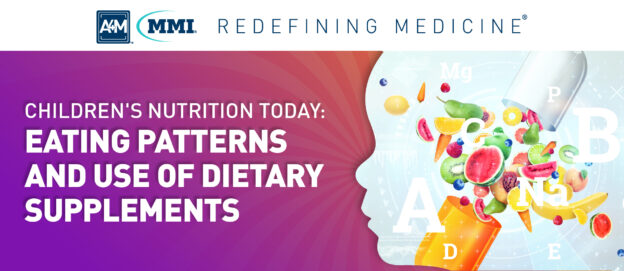The prevalence of obesity in the United States has skyrocketed in the past few decades, leading to jarring statistics that indicate a rapidly increasing global public health epidemic. Data from the National Health and Nutrition Examination Survey states that more than 2 in 3 adults are considered overweight or obese; yet perhaps more disconcerting is the fact that approximately one-third of children and adolescents between the ages of 6 and 19 qualify as overweight or obese.
While the causes of obesity vary, factors include genetics, nutrition habits, lifestyle habits, geographic location, and socioeconomic status. The epigenetics of obesity demonstrate that genetic makeup plays an innate role, but can be mitigated and lessened by one’s activity choices and environment. As obesity is one of the primary risk factors for type 2 diabetes, heart disease, high blood pressure, and a host of other critically severe health problems, there is a pressing need for increased awareness and action steps surrounding the epidemic.
A recent study based at and conducted by UT Southwestern Medical Center reveals a strong genetic-environmental interaction: obesity significantly exacerbates the effects of gene variants that increase the risk of nonalcoholic fatty liver disease (NAFLD) by various metabolic pathways. If untreated and unmonitored, NAFLD can ultimately lead to cirrhosis—chronic liver disease—and liver cancer. Scientists found that the PNPLA3 gene variant spurred the strongest genetic-environmental interaction: “the first genetic cause of NAFLD ever identified.” One of the lead researchers in the study explains that people with lower BMI indexes are unlikely to have excess fat in the liver, despite having the PNPLA3 risk alleles. A longitudinal study further revealed that the risk of having cirrhosis among those with the risk allele increased 5.8 times, compared to those who were obese but lacked the risk allele.
The findings demonstrate an interaction between obesity and genetics, confirming the importance of both genetic screenings and early interventions. Nevertheless, DNA is not the sole culprit; while genetics inevitably account for some of a person’s obesity risk, genes can be countered and curbed by the implementation of healthy lifestyle interventions. Increasing data and studies indicate that sleep hygiene is a necessary element in terms of obesity prevention, coupled with consistent physical activity and exercise.
Thus, although there is no single approach to prevent or treat overweight and obesity, the importance of diet and exercise cannot be understated—particularly with younger children and adolescent, as childhood obesity almost inevitably leads to adulthood obesity. While some studies suggest that the epidemic will worsen and hit new highs, others advocate for the imminent urgency of different treatment approaches, including collaboration with the food and restaurant industries regarding calories and portion sizes. Regardless of societal and external factors, the epigenetics of obesity can be influenced by our behavior and actions: namely, positive and healthy lifestyle interventions.
To learn more about personalized approaches & strategies to address weight management and obesity, attend our pre-conference Obesity Management Workshop in Las Vegas on December 13th, 2017.



